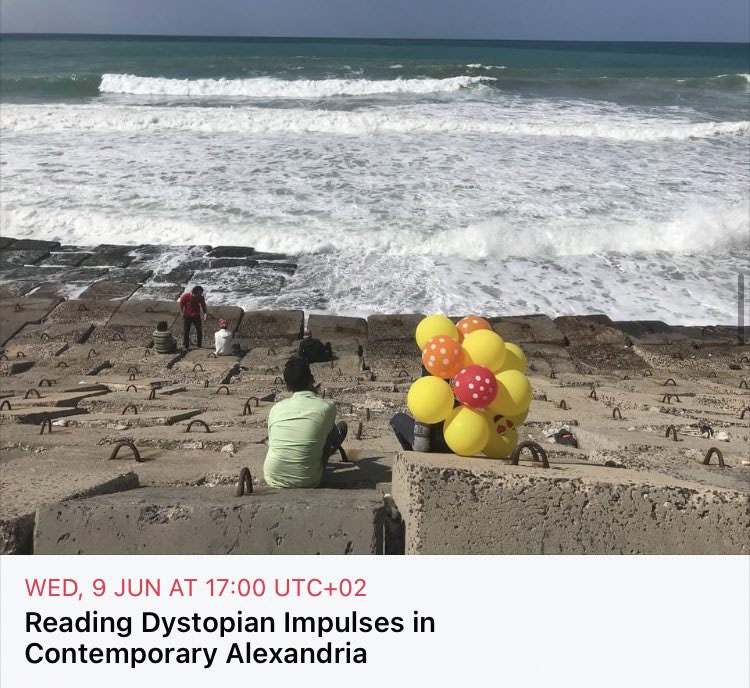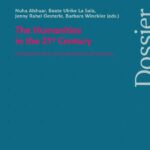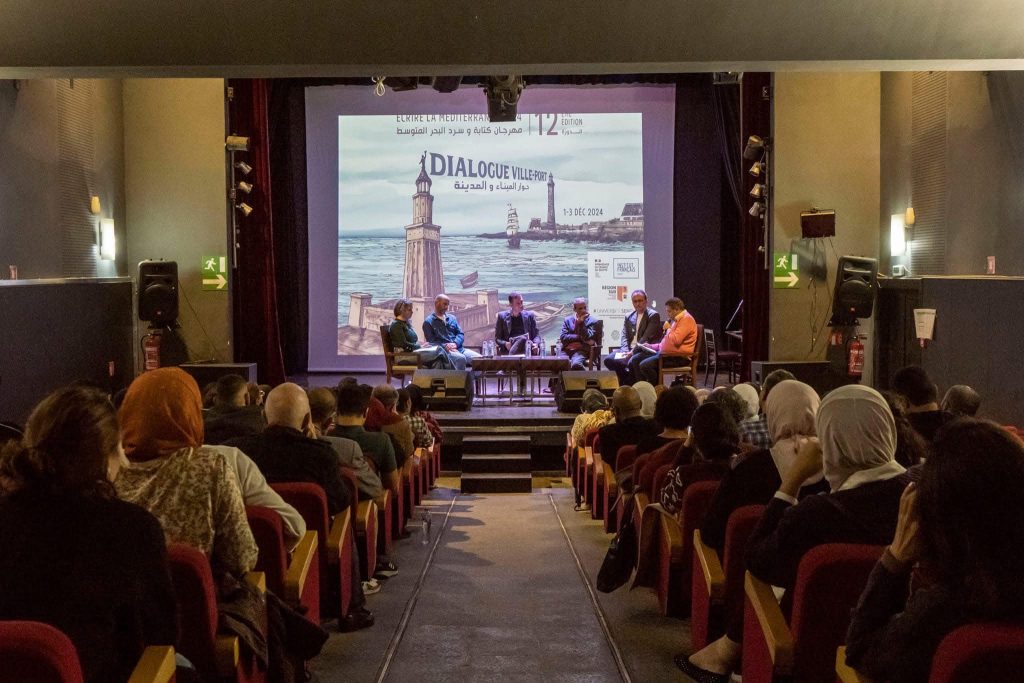
The seminar, which is hosted by the EUME/Forum Transregionale Studien, explores how the Egyptian city of Alexandria has long been subjected to utopian and dystopian tensions that permeate the arts, literature, architecture, history, and everyday language. One of the seeds of utopianism could be traced to Naguib Mahfouz’s novella Miramar (1967) that repositioned Alexandria as a welcoming safe haven and a cosmopolitan asylum that can bring back an Egyptian utopia and an alternative vision of the homeland, and made more vivid in films like Youssef Chahine’s Alexandria, Why? (1978) that aligned with the then growing trend that represented Alexandria as a utopian desire. The question of utopianism leaped into the political realm in the 1990s that saw Hosni Mubarak’s regime and the international community take an interest in Alexandria as a lost utopia that must somehow be restored through a Greco-Roman refashioning and an uncritical revival of cosmopolitan discourse. This was a useful guise for neoliberal economics with Alexandria being the laboratory for privatisation – later rejected through the 2011 revolution that led to, albeit temporary, forms of civic utopia emerging. Yet the road from utopia to dystopia was inevitable, and this seminar seeks to understand the growing dystopian impulses of recent years that are shaped by, and in turn shape, the coastal city’s thematic peculiarities: nihilism, mutant capitalism, climate change, nostalgia, among others, in illuminating the tendency towards dystopian motifs.






